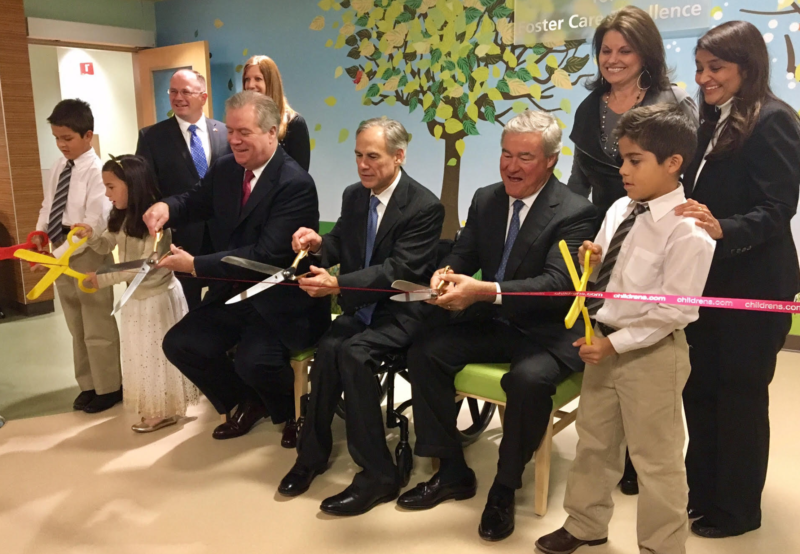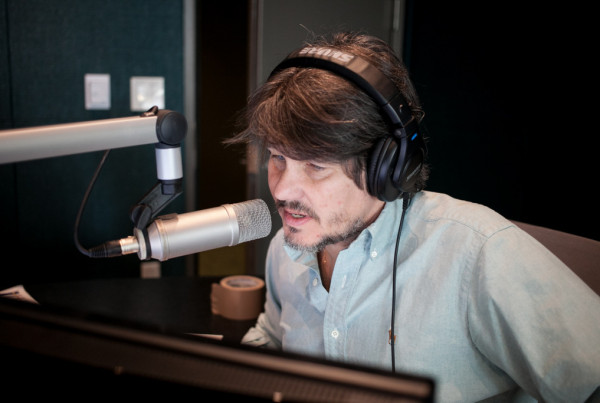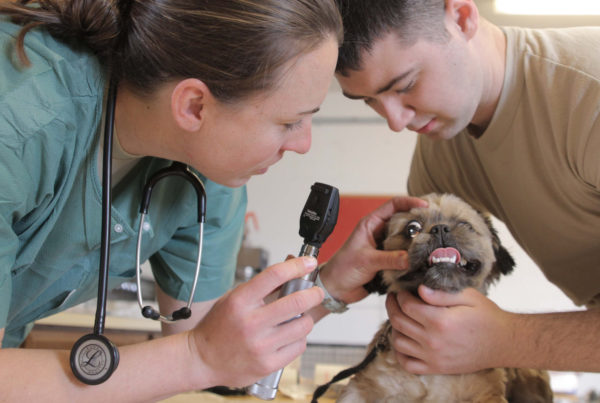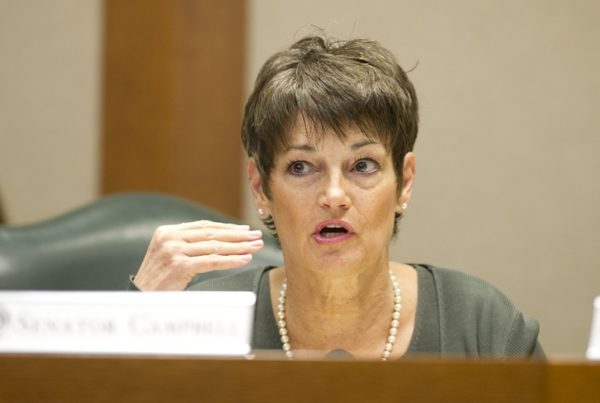From KERA News:
‘It’s not every day you get to meet your daughter’
Most people in North Texas know Kenneth Sheets the politician. The 40-year-old Republican has been a state legislator for six years. Fewer know Kenneth Sheets the foster care parent.
“It was our calling to adopt from the foster care system,” Sheets says.
After several years of trying to have children of their own, Kenneth and Michelle began the lengthy process of becoming foster parents. They were finally selected as foster parents for siblings: Brooke, who was 8, and 3-year-old Cameron.
“We met Brooke first,” Michelle says, “At an all-you-can-eat Chinese restaurant in East Texas. That little girl ate her way through some noodles like nothing I’ve ever seen! I still remember how scared she looked when we walked in. I myself was very nervous to meet her. I changed my clothes three times. It’s not every day you get to meet your daughter for the first time.”
Foster kids need checkups and routine care, they often have special medical needs as well. Then there’s the state-mandated paperwork and check-ins. Kenneth Sheets, who just lost his state house seat in last month’s election, says for foster parents, health care choices through Medicaid are limited.
Texas doesn’t meet health standards for foster kids’ care
The American Academy of Pediatrics outlines two dozen health supervision standards for foster care children. A report by the Texas Pediatric Society’s Foster Care Committee shows Texas completely meets only one of the two dozen standards.
Dr. Anu Partap, assistant professor of pediatrics at UT Southwestern Medical Center, says there isn’t consistent health assessment or monitoring as a child moves through the foster care system.
“Children frequently enter care with drug withdrawal, discomfort from neglected health care, inability to talk walk or learn or brain damage from abuse,” she says.
For years, Partap has worked with CPS staff, the Department of Family and Protective Services, STAR Health and others to develop a comprehensive health care center centered at Children’s Health in Dallas.
















